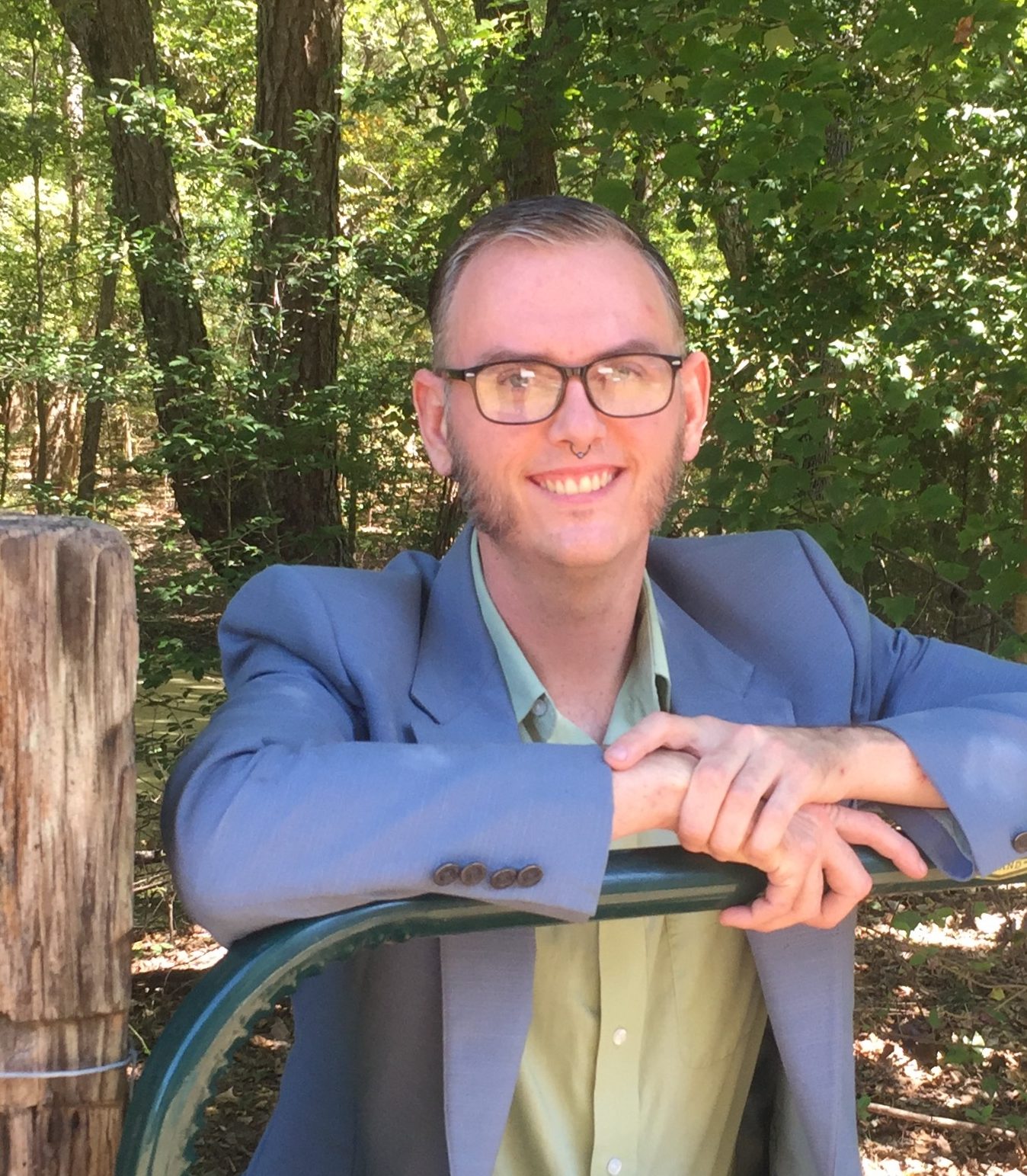“Scientist” is not a class of people, but an adherent to the ideology of scientism. But not everyone who does science need be a scientist, but, merely, adhere to the scientific method, preferably pressing a “null hypothesis.” No “ist” or “ism” needed.
Science was revolutionary. It was about the ability of common sense (the five senses, perhaps also intuition), used by anyone capable, to make sense of the world. It was a popularly accessible method for understanding.
The Scientific Revolution led to the Enlightenment, wherein titles of nobility (whether inherited or conferred) were abolished in favor of making persuasive arguments in deliberation with others. Where people hear each other out democratically, titles of nobility get in the way of honest communication.
Governmental accreditation of degrees is one step removed from the gains of the Enlightenment, and one step closer to titles of nobility. No longer is science a matter of direct experience, but has become a cult of scientism, with a priesthood of scientists. Like the priests of old, who had to act as mediums for everyone else to communicate with God, scientists act as the mediums for everyone else to uncover the truths of Nature. Spirituality and science, however, are about having direct access to the experiment, not about doing as one is told.
What comes out of the mouth of scientific authority is not always science. Science can be lied about, manipulated, slanted, or etc. for political or economic reasons. Scientific studies, for instance, often require funding, which is difficult to get if one does not have the right connections. This limits what science can be done and by whom, and so leaves room for creation of false narratives. While this is not good science, it is promoted as science by those involved in the ideologies of scientism and credentialism, who suggest science has all of the answers and that one knows due to the credentials of the scientist.
You see, science is done by humans. And in applying that science, scientists can be studied scientifically too. This creates a situation in which physical scientists like physicists and physiologists (and so on) can be studied in the fields of sociology, anthropology, etc. And so while one might compel others to “Just listen to the scientists!” one is torn between the physical scientists and those scientists who study them. The social scientists studying the physical scientists suggest that science has lots of error and politics involved in it. Should we have scientists study the social scientists too? Just kidding.
But in all seriousness, there really are limits to science as well. Science may tell us a great deal about the world. But it cannot capture all of it. It is subject to “the problem of induction,” which limits science from being able to predict novelty as it will occur in the future. In fact, the inductive logic behind science is not even a case for certainty. To find certainty (within bounds of what is presently understood, perhaps inductively), one must use deductive logic. But that’s more related to philosophy than to science.
Science is a very valuable tool, but scientism and credentialism are dogmas comparable to religion and feudalism, having no place in a free society.

